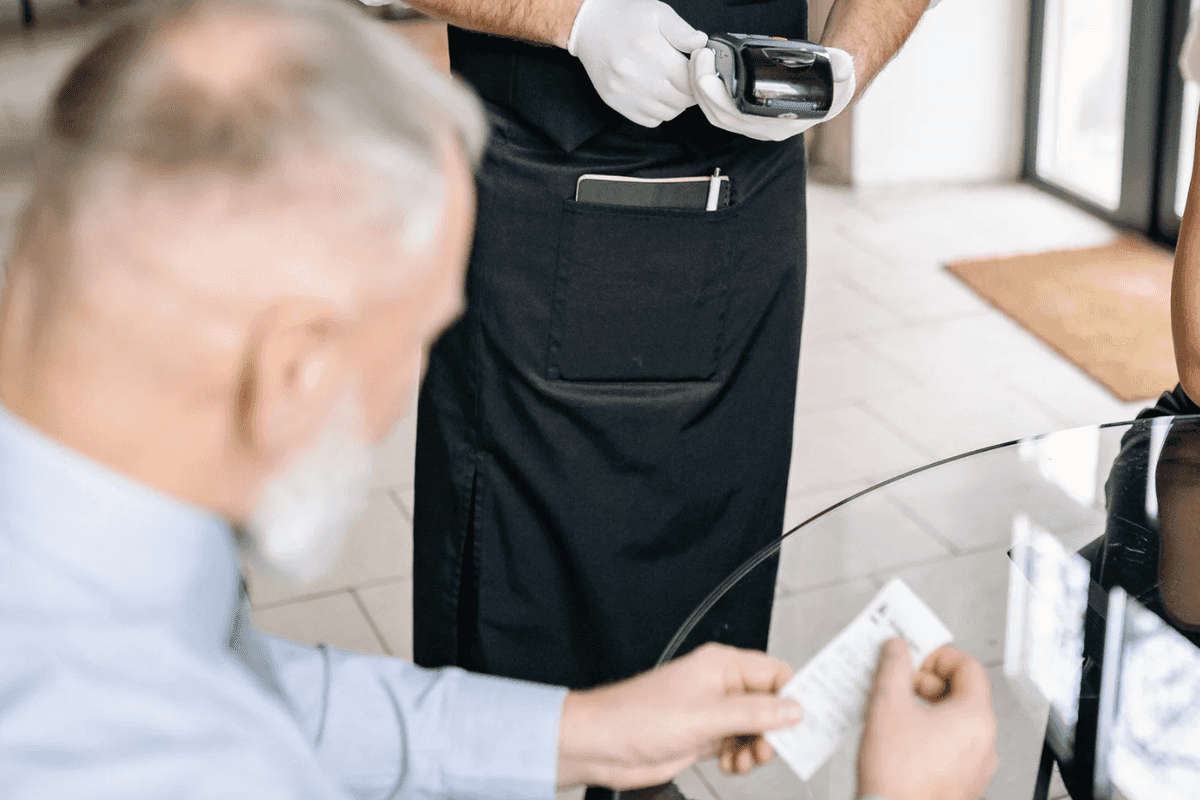Bill Gates thinks the 1% should foot the bill for renewable energy, and he's offering the first $2B.
He also has some insights into social welfare and the problems with the private sector.
Whatever you might think of him, Bill Gates is a man who knows a thing or two about a thing or two.
After all, he is the richest man in the world. And while money isn't necessarily an indication of intelligence, he's clearly doing something right.
(I don't say this lightly either; I've been a loyal Apple user for 22 years, and even I can admit the guy's had a few good ideas here and there.)
But when Gates says something like "We need an energy miracle," he's got my attention.
Gates recently sat down for a lengthy interview with The Atlantic about energy, the economy, and innovation.
Specifically, he talks about the relationships between research and development (R&D) and public versus private funding and how a historical look at the radical advancements in cancer treatment, the Internet, and more could serve as a guide for the future of the clean energy industry.
Sure, there are some people who have interpreted the article as an attempt by Gates to justify his refusal to divest from anything related to the fossil fuel industry. But at least in this case, he's putting his money where his mouth is.
Photo by TNS Sofres/Flickr.
Gates has committed $2 billion of his own to incentivize clean energy R&D, and he thinks others should do the same.
Here's a problem with investment strategies: Venture capitalists are looking for a return. And they usually want it fast, and they want it to be bigger than the cash that they put up in the first place.
Gates points out that this money-as-sole-incentive approach is kinda BS when the future of the planet is at risk. Instead, the people like him who can afford to take risks should be the ones doing so — even if the ROI doesn't come through quite as quick or strong as some hip tech startup.
Of course, there's more than one kind of clean energy and no guarantee of which works best. So Gates says fund 'em all!
There's no clear consensus on the most effective form of renewable energy — another factor that keeps those potential risk-taking investors away. After all, why should they throw their money at hydroelectric power if solar's going to end up running the market? And then what happens in another 100 years when wind power emerges as the best option?
Unfortunately, we can't make those perfect predictions until we've done more research and development, which is why Gates says we should take those risks while we still can and invest in everything that might help us to combat the climate crisis.
But should that funding come from private or public sources? Gates says: Why not both, like everything else?
"U.S. government R&D has defined the state of the art in almost every area," Gates says, pointing to the development of nuclear energy, hydropower, shale-gas, and more. He argues that, historically speaking, most advancements of the 20th century came from government incentivizing the private sector, which in turn then invested in the people (because when profit is the only motivator, altruism is often left behind).
That being said: It's not up to the U.S. to fix the climate problem alone.
It's easy for individuals and countries alike to say, "Well, one electric car isn't going to make that much of a difference anyway," or "Who cares if an island nation of 1,400 people runs on entirely sustainable energy?" Which, hey, might be a valid point.
But the change has to start somewhere, right? We've already wasted too much time waiting for someone else to take the lead, which only allows for the problem to get worse. (Spoiler alert: It has.)
The whole interview is worth a read. It's an eye-opening look at the intersections of energy and economics.
A lot of the issues he addresses about the current climate threat boil down to the never-ending debate between public and private sectors, between capitalism and socialism. But as Gates rightly points out, those issues are not nor have they ever been black and white.
(Gates does, of course, point out that companies like IBM and Google are the random flukes that keep the venture capital machine going.)
If you want to make a difference, join us in demanding that our world leaders take action at the upcoming Paris climate talks.
Maybe that way we won't be have to choose between cash or the survival of the human race as our only two choices for return-on-investment. Because if "life itself" is not incentive enough to inspire innovation, what else is left to do?



 A man saying "be quiet."via
A man saying "be quiet."via  A woman zipping up her mouth.via
A woman zipping up her mouth.via 

 Many people make bucket lists of things they want in life.
Many people make bucket lists of things they want in life. 
 People practicing on the driving range. via
People practicing on the driving range. via  A group of people playing golf. via
A group of people playing golf. via 